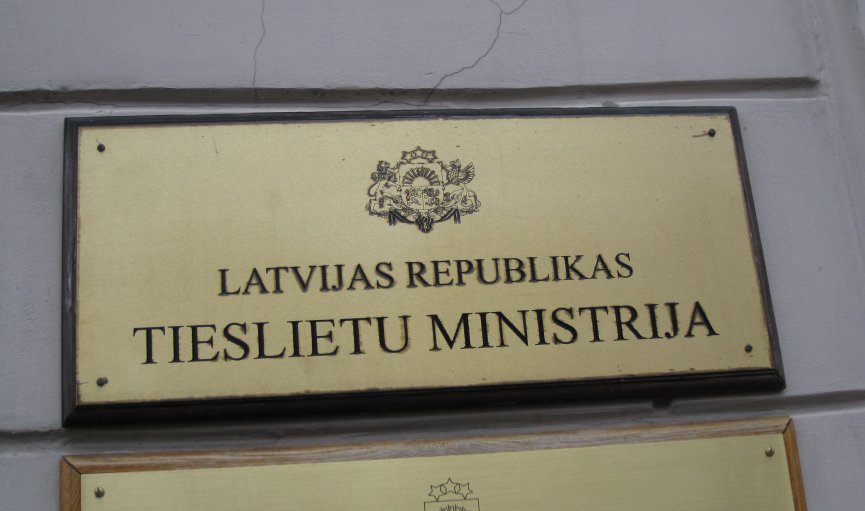This figure could be considerably higher, as it is suspected that in many cases the detainee or convicted person does not want anyone back home to know about it and so does not request consular assistance. Very rarely do any convicted persons apply to serve their sentence in Latvia.
Guna Japina, Director of the Consular Department of the Latvian Ministry of Foreign Affairs, says of that number 52 people with Latvian representation are detained in what are classed as third world countries. The greatest number for a single country is Russia - 14 cases - followed by Belarus - 8 cases. There are also several detainees in the US and Ukraine.
Latvian citizens are most often prosecuted for assault, robbery, causing accidents, sexual assault and other crimes.
However, there may be many more detainees. International conventions provide that an arrested, imprisoned or already convicted foreigner must be given the opportunity to inform his or her embassy of the incident.
"Sometimes we only find out about people who are serving their sentence abroad when they are being transferred from one place to another. Even after years of imprisonment," says Japina. "For various reasons people choose not to take this opportunity. Sometimes a person may not want to inform Latvia at the time of his detention, for example to hide his criminal record abroad, or in order not to come to the attention of Latvian authorities because he has some outstanding business with the state. Or because the penalty for the crime abroad is smaller than in Latvia."
Sometimes people do not want to hurt their loved ones or cause shame to their family and hide the facts of their conviction. And not all States which have signed up to international conventions conscientiously comply with all the information requirements.
However, if a person wishes to serve his sentence in Latvia, the Ministry of Justice (TM) is involved. "The ministry can also initiate this on its own initiative, but the ministry needs to know that such a person is there and has been convicted. So there are three unique opportunities: the person, the representatives and the ministry itself," says Justice Ministry lawyer Jūlija Muraru-Kļučica.
Such cases are relatively rare, and as well as being subject to agreement between the convicting state and Latvia are subject to the condition that the unpunished sentence must be at least six months long.
Muraru-Kļučica says this is because the takeover process is long and bureaucratic. "The sentence imposed in Latvia must not aggravate the situation of the person convicted abroad. However, it must, as far as possible, correspond to the sentence imposed in the relevant foreign country," she explains.
Once all formalities have been completed, the practical side of the process - bringing the person to Latvia - is taken over by the State Police. The exchange of convicts takes place at the airport of a particular country, says Māris Geida, the head of the International Cooperation Bureau.
"The person is then escorted onto the plane, and along with the other passengers, this extradited person is taken to Latvia," explains Geida. There are not many such trips, averaging about 10 per year.
"If the more exotic countries are to be mentioned, they are places like Japan and Bermuda. These are the farthest the escort service has had to go. It has to be said that this is not an easy job as it can sometimes take 24 hours to bring a person back to Latvia," Geida says.




























